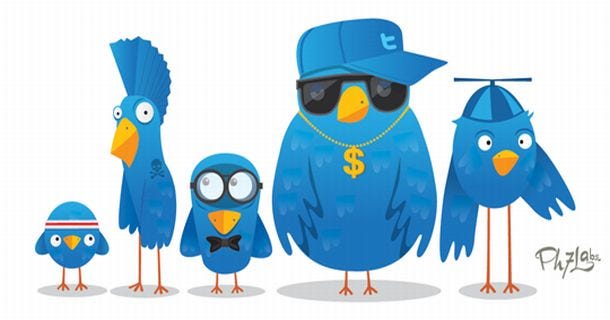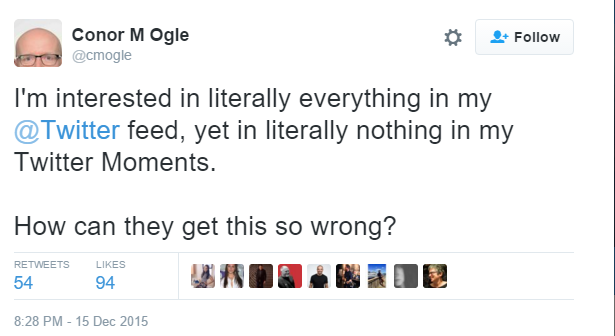This is a short review of Sapiens, a book by Yuval Noah Harari.
Tl;DR: Read it. You'll walk out wiser.
There was more than one species of humans living at the same time, and over the course of 2.4 million years, Homo Sapiens destroyed and pillaged not just other human species, but thousands of animals and plants and other living beings. With those first few lines, the history of our species starts with the indelible stain of destructors par excellence. Homo Sapiens have presided over the largest mass murdering of life on earth and here we stand; triumphant and proud of what humanity stands for. Harari's book is a challenge, an anticlimax to how we got where we are and how can learn to improve, and it doesn't disappoint.
The first 150-pages of Harari's Sapiens is a whirlwind ride. Writing the history of our species for a mass audience is no easy task and it's no surprise this book is a bestseller. It ticks all the right boxes. Anyone can read it and walk away wiser - and that's the pulse of a non-fiction book. For me, page 90-onwards was an absorbing insight into how deep the author has probed and preyed and taken a stand on the most controversial subjects.
How can one critique the advent of agriculture? It seemed impossible, and yet, Harari's account of the onslaught of wheat on Homo Sapiens, is a terrific read. There is a generalisation to be made around how Luxuries eventually become necessities and it isn't off the mark. The very nature of evolution from systemic farming to the bare 'necessity' of having a smartphone dictates today's luxuries are tomorrow's necessities. Here's an author who writes evocatively, not shy to voice his own view point and speaks to the reader. For this and for this alone, Sapiens is a must read for anyone. You will come out knowing more, being more mindful of the world around you and that's a win for me.
Where it failed - the last 100-pages were preachy, spoke in length about religion, the nature of happiness etc... Topics that needed objectivity and perhaps not in a book that had so much more to offer. But that's just me. Read it, for you seldom come across such a commanding author who writes for all to read, understand and imbibe.









 4. Ola
4. Ola 5. IndiGo
5. IndiGo Honorable mentions who are not startups - Airtel and BSNL have waived off their usual call and data charges.
Honorable mentions who are not startups - Airtel and BSNL have waived off their usual call and data charges. 